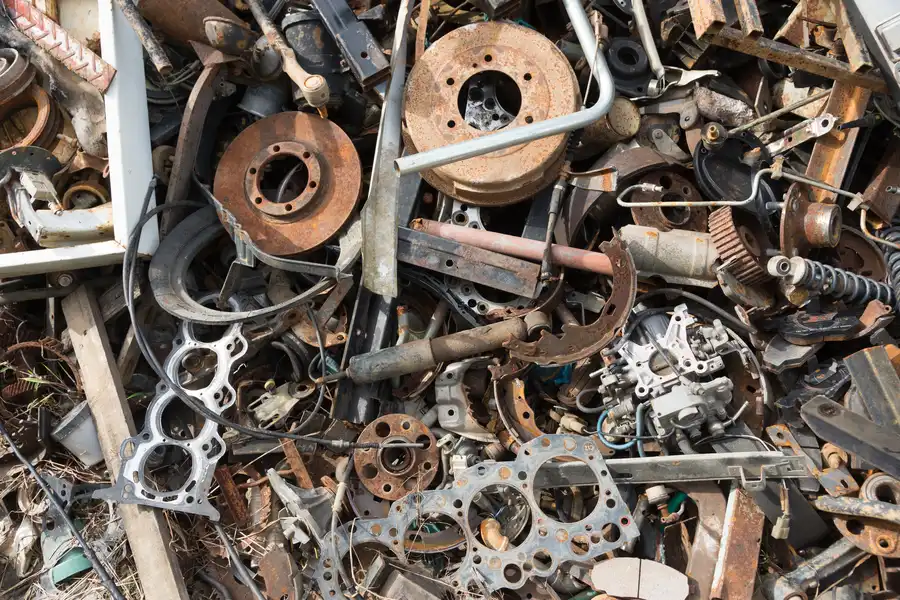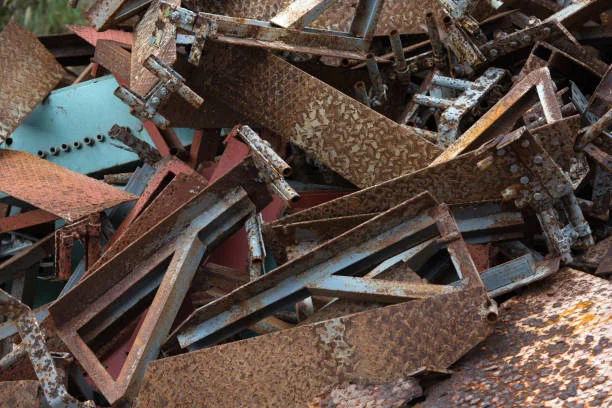The Role of Recycling in Environmental Sustainability
Sustainability is an essential part of protecting our planet. Reusing resources helps reduce the strain on natural ecosystems. Recycling plays a key role in this process by ensuring that materials are used to their fullest potential before being discarded. By transforming waste into reusable materials, we decrease pollution and limit resource extraction. This not only supports a cleaner environment but also encourages economic growth by generating jobs in recycling industries. Understanding these benefits highlights the importance of sustainable practices and how they help ensure a healthier future for all.
The Benefits of Scrap Metal Removal
One significant way to support sustainability is through scrap metal removal. This process involves collecting and processing old metal items like appliances and cars. These metals are then recycled and reused, reducing the need for new raw materials. By removing and recycling scrap metals, we save energy and lower greenhouse gas emissions compared to producing metal from virgin ore. It also clears up space in landfills, which are often overflowing with unnecessary waste. Thus, scrap metal removal contributes significantly to environmental preservation and conservation efforts.
Environmental Impact of Metal Waste
Metal waste poses significant environmental challenges if not managed properly. When left unattended, it can lead to soil contamination and water pollution due to chemicals leaching into the ground. Moreover, metal production is resource-intensive, requiring immense amounts of energy and emitting high levels of carbon dioxide. Implementing scrap metal removal can mitigate these issues effectively by redirecting waste streams into productive uses. This action reduces the negative impacts associated with mining and raw material processing, making it a critical component of sustainable resource management.
Challenges in Managing Metal Waste
Despite its benefits, there are challenges to managing metal waste efficiently. Collection processes can be complicated and costly without proper infrastructure in place. There is also a lack of awareness about the importance of recycling metals among the general public. These barriers hinder successful implementation of effective waste management strategies. However, addressing these issues involves educating communities on the value of recycling, improving collection systems, and encouraging businesses to adopt eco-friendly initiatives.
Steps for Effective Metal Recycling
To maximize the impact of recycling, it’s important to follow certain steps:
- Identify recyclables: Determine which metal items can be recycled.
- Sort accordingly: Separate metals based on type and condition.
- Consult professionals: Work with experts who specialize in metal recycling processes.
- Ensure safe transport: Follow guidelines for transporting metals safely to recycling facilities.
- Support local programs: Participate in community recycling initiatives to increase impact.
Best Practices for Businesses
Businesses play a crucial role in promoting sustainable practices through responsible waste management:
- Implement recycling policies within company operations.
- Train employees on identifying recyclable materials.
- Partner with reputable waste management services.
- Reduce overall consumption of non-recyclable materials.
- Invest in sustainable technology that minimizes waste generation.
Cultural Shift Toward Eco-Friendliness
A cultural shift towards eco-friendliness is happening globally as more people recognize their responsibility toward the environment. Public awareness campaigns have increased interest in recycling efforts across communities. Schools integrate environmental education into curriculums to instill values of sustainability early on. Such actions demonstrate collective commitment toward conserving resources for future generations while enhancing quality of life today.
Investing in Sustainability Efforts Yields Rewards
Prioritizing sustainability through initiatives like effective scrap metal removal offers numerous rewards that resonate beyond environmental gains. Companies incorporating green practices experience improved brand reputation among consumers increasingly conscious about supporting environmentally responsible products/services. Additionally, investment costs often recover quickly due to savings achieved from reduced resource usage/production expenses over time.
Your Partner in Sustainable Practices
Looking to enhance your sustainability efforts? Our team at Guyton's Junk Removal Company is here to assist you every step of the way. Reach out today at (201) 502-0978 for expert guidance on implementing effective recycling methods tailored specifically for your needs! Located in Paterson, NJ, we proudly serve residents/businesses throughout the area committed to preserving our planet’s future together!

